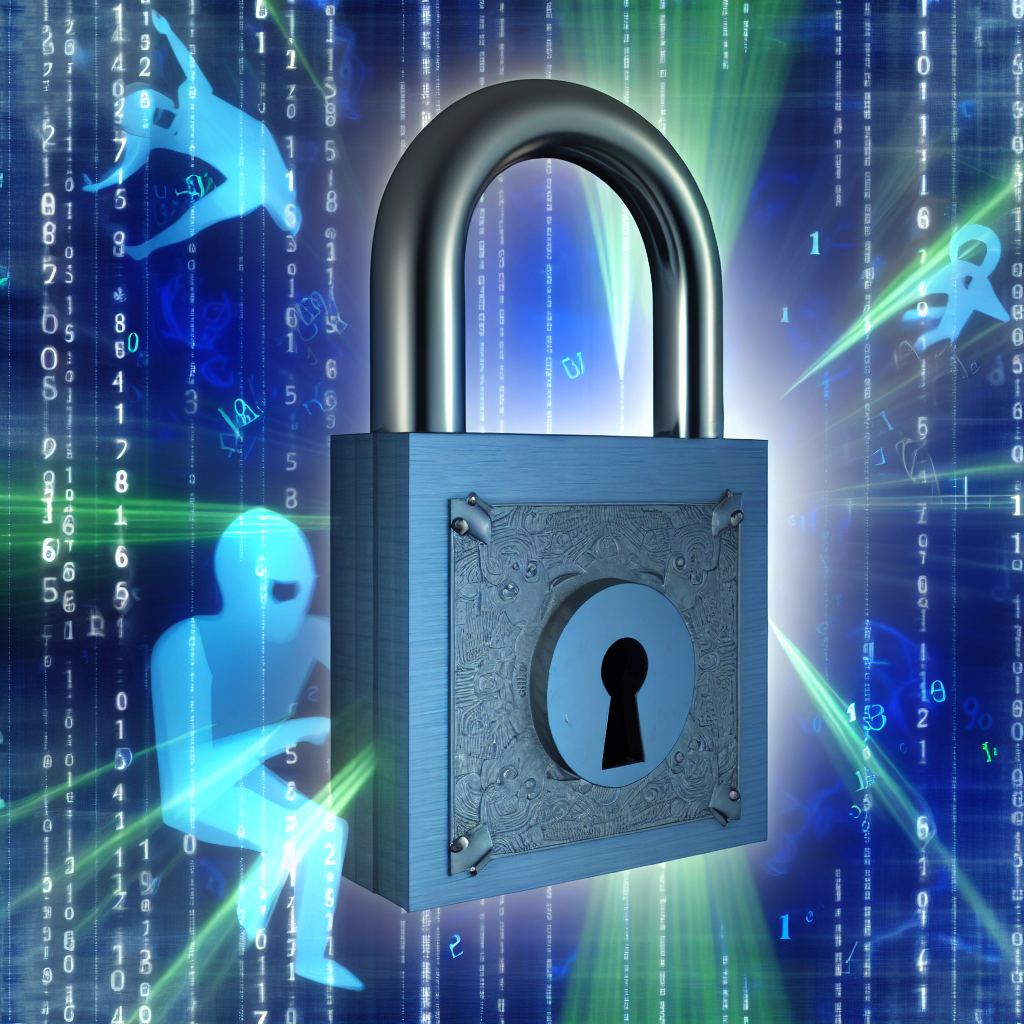In today's digital age, the importance of information security cannot be overstated. Whether you are a tech expert or a casual internet user, understanding how to protect your data is crucial. In this comprehensive article, we will delve into the technical aspects of information security in "Understanding Information Security: A Technical Breakdown", as well as provide a user-friendly guide in "Keeping Your Data Safe: A Non-Technical Guide to Information Security". Stay informed and stay secure in the ever-evolving landscape of Information Security.
1. "Understanding Information Security: A Technical Breakdown"
Information security is a critical aspect of protecting sensitive data and information from unauthorized access, use, disclosure, disruption, modification, or destruction. In a technical breakdown of information security, it involves implementing various measures and controls to ensure the confidentiality, integrity, and availability of information. This includes encryption, access control, authentication, firewalls, intrusion detection systems, and security policies and procedures.
Information security professionals work to identify potential risks and vulnerabilities in systems and networks, and develop strategies to mitigate these risks. They also monitor and analyze security incidents, respond to security breaches, and continuously update security measures to adapt to evolving threats.
Overall, information security is a complex and multifaceted discipline that requires a deep understanding of technology, risk management, and regulatory compliance to effectively protect organizations and individuals from cyber threats.
2. "Keeping Your Data Safe: A Non-Technical Guide to Information Security"
In today's digital age, information security is more important than ever. Whether you're a business owner, an employee, or simply a casual internet user, keeping your data safe should be a top priority. Information security refers to the practices and measures taken to protect sensitive information from unauthorized access, disclosure, alteration, or destruction.
When it comes to keeping your data safe, there are a few key principles to keep in mind. First and foremost, always be mindful of the information you are sharing online. Avoid sharing personal details such as your address, phone number, or social security number unless absolutely necessary. Additionally, be cautious when clicking on links or downloading attachments from unknown sources, as these could potentially contain malware or viruses.
Another important aspect of information security is the use of strong passwords. Make sure to use unique passwords for each of your online accounts, and consider using a password manager to help keep track of them. Regularly updating your passwords and enabling two-factor authentication can also help enhance your data security.
Overall, the key to information security is being proactive and taking steps to protect your data before a breach occurs. By following these simple guidelines, you can help ensure that your information remains safe and secure in an increasingly digital world.

